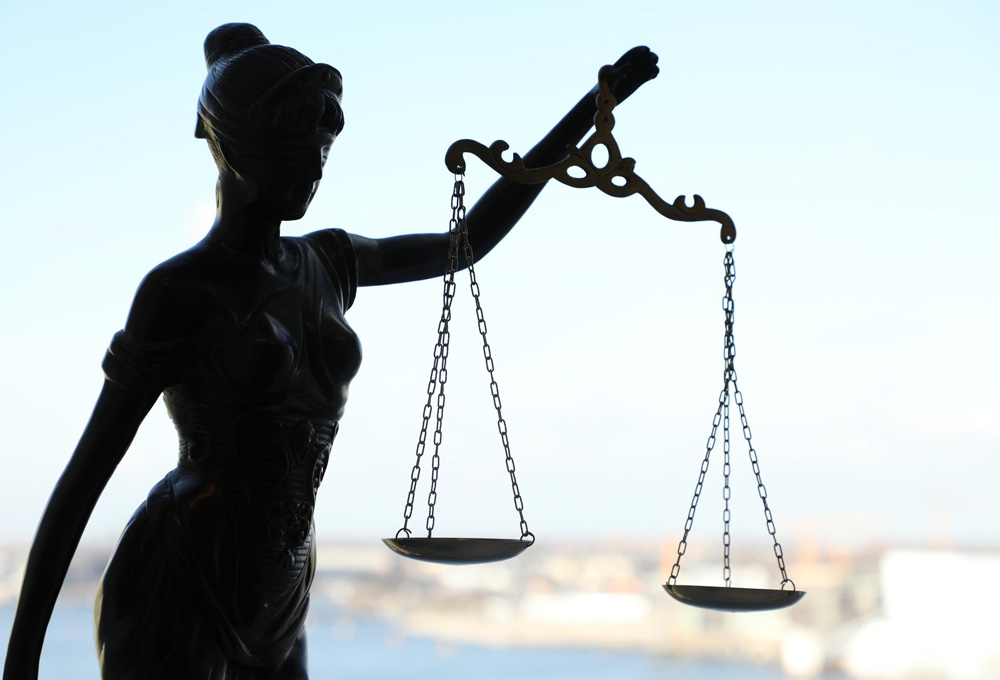
This was in response to an appeal filed by one of the suspects against the examining magistrate’s decisions. The District Court examined, on the one hand, whether the decisions were arrived at in a proper manner, and, on the other hand, whether they were based on the correct grounds.
The District Court held that threatened witness status had been granted on the correct grounds. The examining magistrate had sufficiently substantiated that there had been threats and that the witnesses did not wish to make statements as a result. The examining magistrate had considered the case file, the public prosecutor’s substantiation of his application, and the personal circumstances of the witnesses. In addition, the examining magistrate had rightfully taken account of the gravity of the criminal offences with which the suspect had been charged.
The examining magistrate had also arrived at the decision in a proper manner in respect of 12 witnesses. The District Court held, however, that this was not the case in respect of one witness. When an examining magistrate is called upon to decide on the status of a threatened witness, the suspect must be given an opportunity to express his or her views on the matter. This had not happened in the case of this particular witness, neither before nor after the decision was made. As this opportunity had not been granted to the suspect, the examining magistrate was unable to take account of his views in her assessment. For this reason, the examining magistrate’s decision in respect of this witness has been reversed and the public prosecutor’s application for threatened witness status to be granted to that particular witness has been dismissed. The examining magistrate’s decisions with regard to the status of the other 12 witnesses were upheld. This means that the identity of those witnesses will continue to be concealed.
This decision was made by a different set of judges to those appointed to hear the merits of the MH17 criminal case. This is a legal requirement. It is the judges who are hearing the case on the merits who will later decide on the significance of the threatened witnesses’ statements for the criminal case.
For more information:
